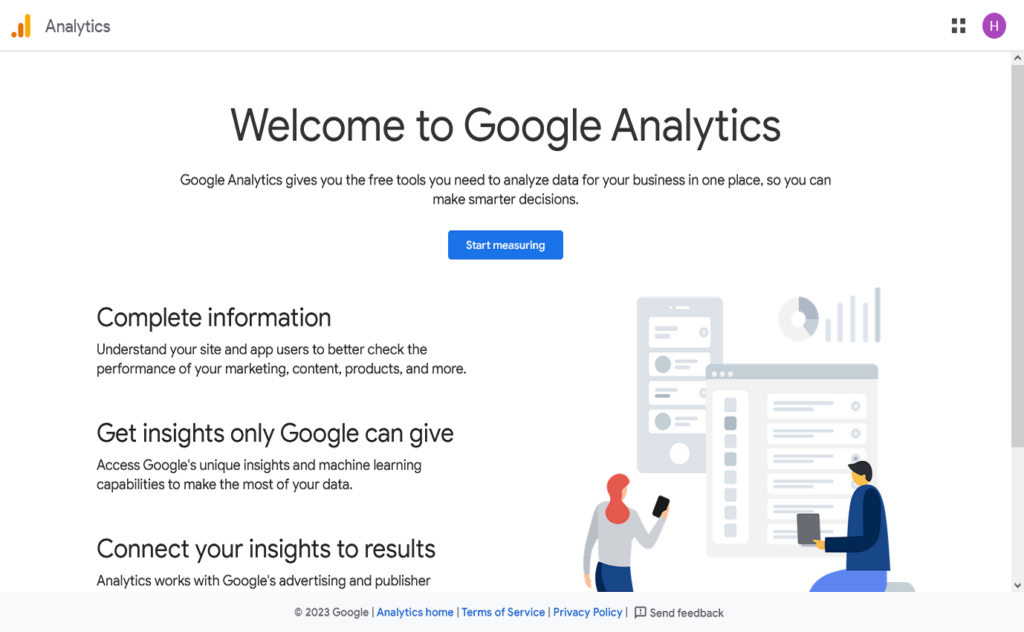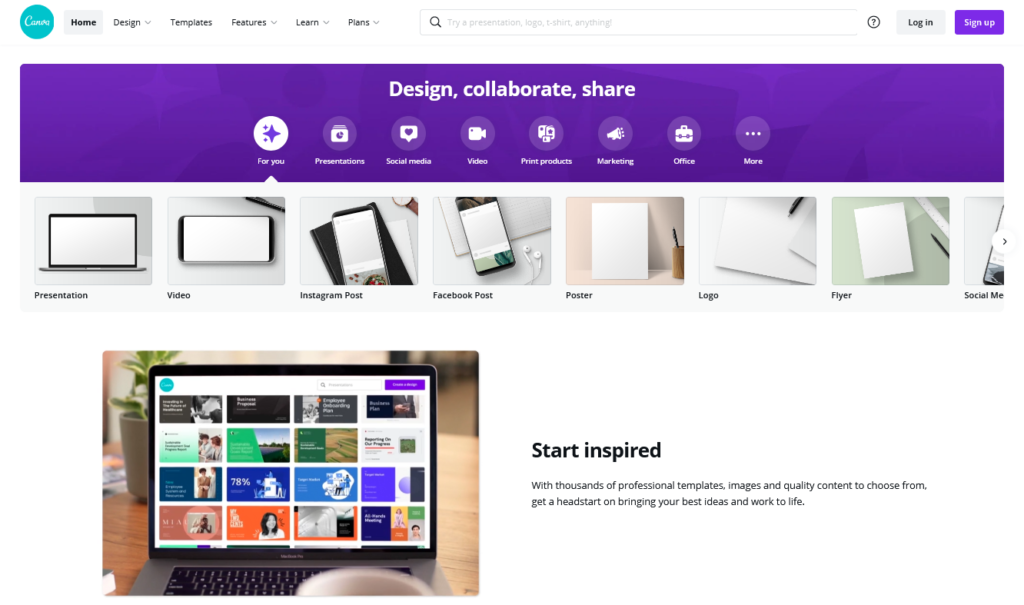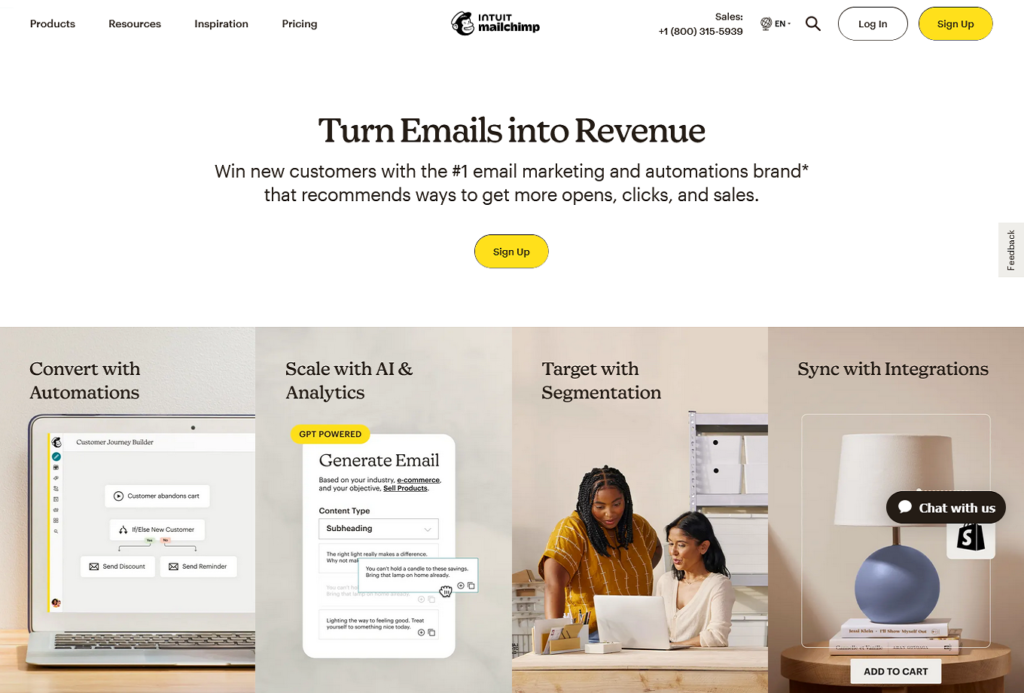
Small businesses are constantly looking for ways to make the most of their budget. Free digital marketing tools are a convenient way to do just that. With these tools, you can enjoy the benefits of digital marketing while keeping costs low.
If your marketing budget is limited or you just want to see if free marketing tools can help you achieve your business’ goals, keep the following platforms in mind.
Google Analytics
Every single small business should use Google Analytics, as this tool is built right into the most popular search engine. This free tool tracks your website activity as well as your engagement. It also helps you track your SEO and customer demographics.
Use Google Analytics to see what sources bring the most people to your website. Then, focus your efforts on those sources or work to improve the others. See how long people spend on your website on average. You can even use Google Analytics to view real-time information about who is currently on your website.
Depending on your goals, some useful metrics you can track on Google Analytics include conversions, bounce rates, and session duration. You can use the data from these metrics to improve your website’s user experience.

Special Mention: Google Business Profile
While it is not technically a tool, your Google Business Profile is free, and it should be an essential part of your marketing strategy. Claiming and updating your Google Business Profile will help your SEO efforts. It delivers even better results if you take full advantage of its features, such as the ability to make posts, add photos and videos, create Q&As, and encourage and respond to reviews.
Special Mention: Google Alerts
Google Alerts is yet another tool from Google. This is a fairly straightforward tool that sends you an email alert whenever your company is mentioned online. If you prefer, you can also get alerts about competitors.
Special Mention: Google Trends
Yet another Google tool you should use is Google Trends. This free tool lets you see what topics are currently trending, letting you plan relevant content that is likely to gain interest and bring people to your website.
Canva

Digital marketing is highly visual. You will need eye-catching graphics for social media posts, pay-per-click ads, your emails, and more. But most small businesses don’t have the budget for a graphic designer. Canva is a great tool in this case, offering both a free and paid version.
The free version of Canva should be more than enough for most small businesses. You will be able to access more than 100 design types, thousands of stock photos, and more than 250,000 templates.
In addition to the templates and stock photos, you can also take advantage of optimized sizes when using Canva. You will find yourself using Canva to make square images optimized for Instagram and Facebook. You can make rectangular ones optimized for Twitter and tall pictures optimized for Pinterest.
In addition to social media content and email newsletters, you can also use Canva to create presentations, graphs, proposals, and other business documents. Canva also supports collaboration, so more than one person can work on an image at a time.
Mailchimp

MailChimp is one of the most popular email marketing tools, and it also offers a free version. Use MailChimp to manage as many as 2,000 subscribers. This is more than enough for most small businesses, and if you need more, you can opt for one of the more affordable plans.
Even with the free version, Mailchimp allows for basic audience segmentation. You can also create tags and send out surveys. You will also get various other tools built into MailChimp, such as one-step automations and a subject line helper.
In addition to mail, MailChimp has free multichannel marketing for social media platforms, a content studio, an AI creative assistant, and a marketing calendar. It also integrates with more than 250 other apps, which is useful if you’re starting to build your business’ tech stack.
Conclusion
Thanks to free tools, small businesses don’t have to break the bank to get the features they need for digital marketing. Start with Google Analytics and take advantage of Google’s other free offerings. Then, consider using Canva to create images and MailChimp for email marketing and coordinating your social media platforms.


